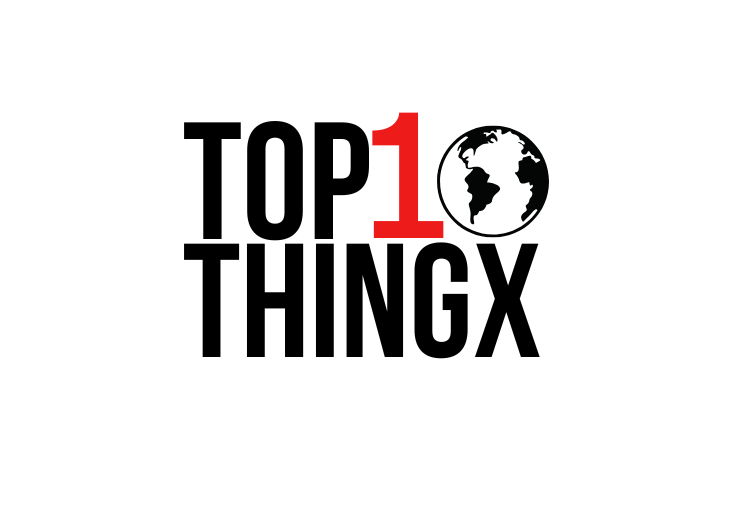Starting a new venture is both exciting and challenging, especially when it comes to building the right team. One of the most crucial hires for any tech startup is a skilled developer. In 2024, the landscape of hiring developers has evolved, and finding the right fit for your startup requires a strategic approach. This guide will walk you through the steps to find and hire the best developers for your startup, ensuring you build a strong foundation for your future success.
Understanding Your Needs
Before you start the hiring process, it’s essential to understand your startup’s specific needs. Are you looking for a front-end developer, a back-end developer, or a full-stack developer? Each role requires different skills and expertise. Understanding your needs will help you create a more targeted job description and attract the right candidates.

Defining the Role
Clearly defining the role you’re hiring for is crucial. What are the day-to-day responsibilities? What skills and experience are required? For instance, if you’re developing a mobile app, you’ll need someone with experience in mobile development frameworks like React Native or Flutter. Be specific about the technical skills and tools your developer will need to use.
Where to Find Developers
Finding the right developer can be like searching for a needle in a haystack. However, there are several places you can look:
- Online Job Boards: Websites like Indeed, Glassdoor, and LinkedIn are great places to start.
- Developer Communities: Platforms like GitHub, Stack Overflow, and Reddit have active developer communities.
- Freelance Platforms: Websites such as Upwork, Toptal, and Freelancer can connect you with freelance developers.
- Networking Events: Tech meetups, conferences, and hackathons are excellent opportunities to meet potential candidates.
Crafting the Perfect Job Listing
Your job listing is the first impression candidates will have of your startup. Make it count! Highlight what makes your startup unique and why someone would want to work for you. Be clear about the role, responsibilities, and required skills. Include information about your company culture and any perks or benefits you offer.
Evaluating Candidates
Once you start receiving applications, the evaluation process begins. Look beyond the resume. Check out their GitHub repositories, personal projects, and contributions to open-source projects. These can give you a better understanding of their skills and passion for development.
Technical Interviews
Technical interviews are a critical part of the hiring process. They allow you to assess a candidate’s coding skills, problem-solving abilities, and technical knowledge. Consider using coding challenges or take-home assignments to see how they approach real-world problems.
Assessing Soft Skills
Technical skills are important, but soft skills are equally crucial. Look for candidates who are good communicators, team players, and have a growth mindset. These qualities are essential for a collaborative and innovative work environment.
Making the Offer
Once you’ve found the right candidate, it’s time to make an offer. Be competitive with your salary and benefits package. Remember, top developers are in high demand, and a compelling offer can make all the difference.
Onboarding Your Developer
Onboarding is more than just paperwork. It’s about integrating your new developer into your team and company culture. Provide them with the necessary tools and resources, and assign a mentor to help them get up to speed quickly.
Retaining Top Talent
Hiring a great developer is just the beginning. Retaining them is an ongoing effort. Create a positive work environment, offer opportunities for professional growth, and recognize and reward their contributions. Happy employees are more likely to stay with your company long-term.
Hiring the right developer for your startup is a critical step towards success. By understanding your needs, defining the role clearly, and using a strategic approach to find and evaluate candidates, you can build a strong technical team that will drive your startup forward. Remember, the process doesn’t end with hiring – onboarding and retaining top talent are equally important.
Why is hiring the right developer crucial for my startup?
Hiring the right developer is essential because they can significantly impact your product’s quality, development speed, and overall success. A skilled developer aligns with your startup’s vision and can adapt to the dynamic challenges startups often face.
How do I define the role of the developer I need?
Start by identifying the specific needs of your project. Determine whether you require a front-end, back-end, or full-stack developer. Clearly outline the responsibilities, required technical skills, and any specific tools or frameworks pertinent to your project.
Where can I find potential developer candidates?
Consider the following platforms and methods
-
- Online Job Boards: Websites like Indeed, Glassdoor, and LinkedIn.
- Developer Communities: Engage with platforms such as GitHub, Stack Overflow, and Reddit.
- Freelance Platforms: Utilize sites like Upwork, Toptal, and Freelancer for freelance opportunities.
- Networking Events: Attend tech meetups, conferences, and hackathons to meet potential candidates in person.
